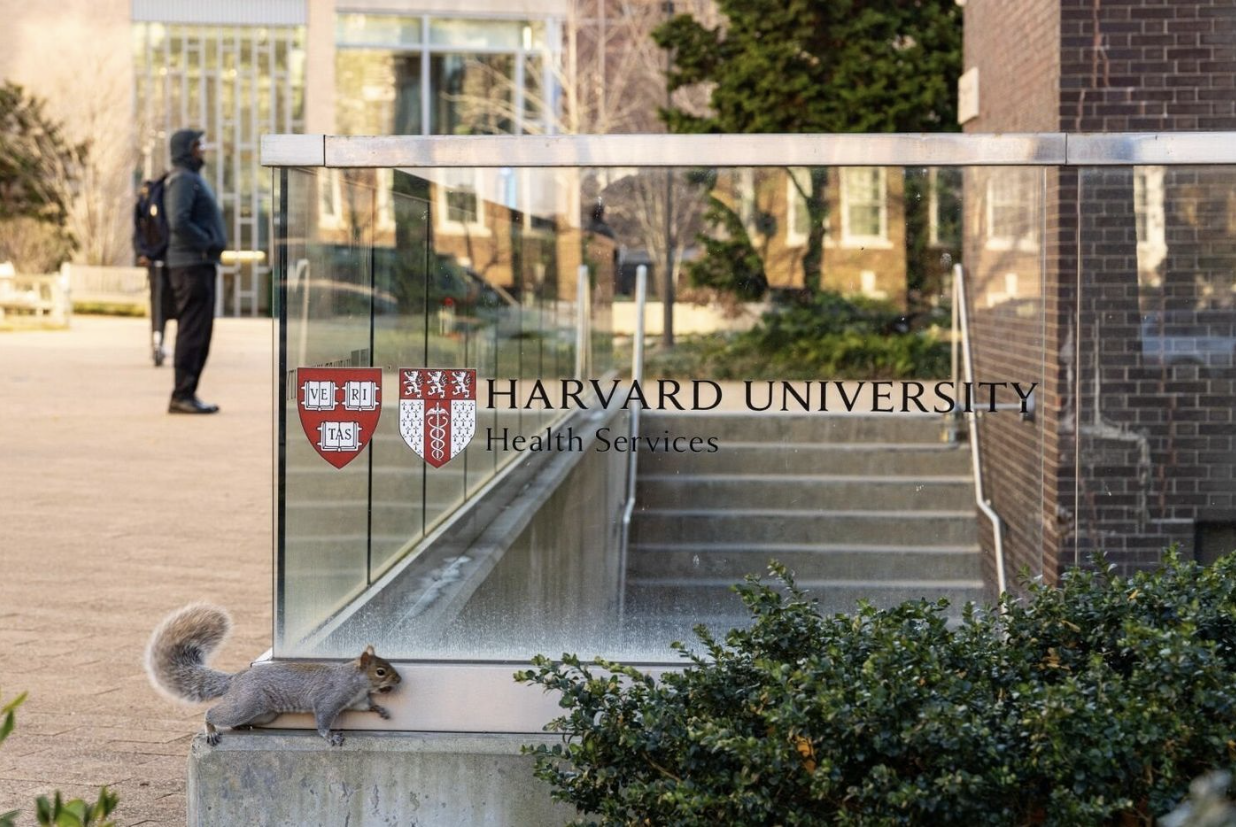By: Allysia Finley – wsj.com – December 17, 2023
Corporation is an apt appellation for Harvard and other Ivy League schools, considering they operate more like for-profit businesses than educational institutions. Unlike businesses, however, they lack shareholders to hold them accountable. This makes them models of the left’s “stakeholder capitalism” paradigm.
The Harvard Corp. consists of 13 members, including the president. It is self-selecting—members elect new members—and boasts that it is “the oldest corporation in the Western Hemisphere.” Governing bodies of other Ivy League schools, including Yale and Columbia, are also referred to as corporations, which are structured to limit alumni influence in their affairs.
The Internal Revenue Service recognizes Harvard and most private colleges as nonprofits, meaning they don’t have to pay taxes. This exemption saves Ivy League schools hundreds of millions of dollars each year and has enabled them to grow their fiefs and endowments.
Columbia is New York City’s largest private landowner, with more than 320 properties, valued at nearly $4 billion. The school saves more than $182 million annually by not paying property tax. Harvard avoids some $50 million annually. Property tax exemptions allow colleges to offer low-cost housing to faculty and reduce the cost of building facilities to house new bureaucracies.
At the same time, Ivy League endowments—Harvard ($50.7 billion), Yale ($40.7 billion), Princeton ($34.1 billion) and the University of Pennsylvania ($21 billion)—exceed the market values of most publicly traded corporations. These endowments wouldn’t be anywhere near as large if the schools had to pay a 23.8% tax on capital gains, as their wealthy alumni must on their investment earnings.
Yet despite their nonprofit status, Ivy League schools operate like the business corporations that leftists assail. Not only do the colleges avoid most taxes, they gouge customers by charging exorbitant prices for a product—a prestigious degree—with inelastic demand. If campus antisemitism or high tuition turn off some prospective students, plenty of others are eager to enroll.
Ivy League schools also practice price discrimination by awarding financial aid to lower-income kids so the schools can market themselves as diverse and accessible even though most of their matriculants are affluent and ideologically homogenous. It’s essential to their branding that customers—i.e., undergraduate students—believe they are open to all.
The schools exploit low-cost labor by employing graduate students to teach classes for higher-paid faculty. At most Ivy League schools, grad students outnumber undergrads. At Harvard the ratio is about 2 to 1. Like Big Tech companies, universities have created a progressive corporate culture in their selective hiring and admissions of like-minded leftists.
It’s no surprise, then, that grad students have spearheaded anti-Israel protests at many colleges. It was a Harvard grad student who was captured on video accosting an Israeli student. After Harvard removed him from his position as a residential proctor for undergrads, its graduate student union—an affiliate of the United Auto Workers—complained on Twitter that “Harvard is actively punishingand evicting” black, Palestinian and Muslim students.
The university presidents’ reluctance to condemn antisemitism on campus no doubt stems in part from the institutions’ dependence on cheap labor. Universities don’t want to risk a grad-student strike, which could compel faculty to teach sections and grade papers. Better to keep the labor peace.
Yet the Ivy League differs from corporations in an important respect: The schools don’t have shareholders who can force changes. In public capital markets, investors have the power to replace corporate management. Mr. Ackman, however, can’t wage a shareholder campaign to oust Ms. Gay or Harvard Corp. members.
Big donors doubtless have some influence. University of Pennsylvania President Liz Magill resigned after Stone Ridge Asset Management CEO Ross Stevensthreatened to withdraw a $100 million donation. Smaller donations, however, are a drop in their endowment buckets. Ivy League schools can also easily raise tuition to compensate for lost funds, covered in part by financial aid at taxpayer expense.
Investors can also pressure corporations to distribute profits to shareholders rather than dump them into unproductive ventures. Universities feel no such pressure. They can channel their endowment and tuition income into expanding administrative bureaucracies and other activities that serve parochial faculty interests rather than improve education.
The Ivy League exemplifies the problems with stakeholder capitalism, which invariably results in rudderless and unaccountable leadership. It’s time to stop calling them “colleges.” They’re corporations in the worst sense.
To see this article in its entirety and to subscribe to other like it, please choose to read more.
 Listen Online
Listen Online Watch Online
Watch Online Find a Station in Your Area
Find a Station in Your Area








 Listen Now
Listen Now Watch Online
Watch Online
